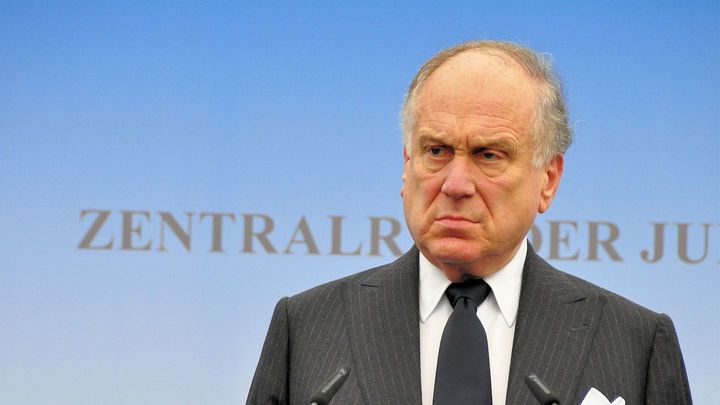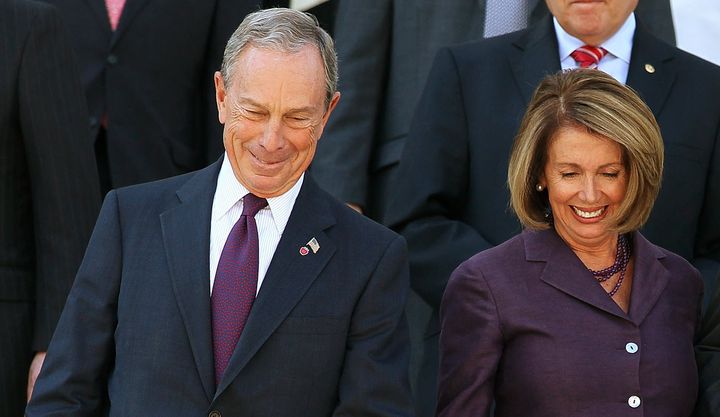Mystery Donor Revealed: Republican Estée Lauder Heir Spent $100,000 to Boost Green Party Candidate

Summary
Yep, you read that right: A businessman and GOP megadonor gave big bucks to an obscure Texas-based super PAC that typically backs Republicans.
Keep reading with a free trial
Unlock this article and get unlimited access to Sludge with a 14-day free trial. No commitment — cancel any time.
Already have an account? Sign in


